Eight Ukrainian champions petitioned The Association de la Sommellerie Internationale to expel the Russian Association for supporting the war. The transparency and anti-corruption issues they raise make their appeal important for the entire wine world.
Grigorii Tkachenko, the former sommelier of Kiev’s Buddha Bar, was killed on the front lines two weeks ago. This makes him the seventh sommelier who gave his life defending his country from a Russian attack. The tragic death of a colleague prompted Oleksandr Meier, Ukraine’s Best Sommelier of 2018, to create a petition to expel the Russian Association from the Association de la Sommellerie Internationale (ASI).
Within a few days, the petition was signed by several dozen members of the Ukrainian Sommelier Association, including seven national champions: Marina Revkova, Ivan Perchekliy, Vyacheslav Nazarchuk, Oleg Kravchenko, Ivan Bachurin and Dmitry Goncharuk. Two of the signatories of the petition are not in their restaurants, but are fighting against Russian aggression on the front line which only emphasizes the gravity of the situation. But the reasons the activists give to justify their demand are relevant for all countries whose national associations are members of ASI.
The activists cite four arguments for the exclusion of the Russian Association of Sommeliers (RAS) from the international community:
- The support of the RAS president and its regional leaders for Russian aggression.
- The affiliation of the RAS with one of the largest wine importers, which contradicts the status of an independent non-profit organization
- The work of the RAS and personally its executive director Anatoly Korneev in annexed Crimea.
- The promotion of the wineries associated with Vladimir Putin.
These allegations raise questions of transparency and anti-corruption norms in the world’s foremost professional union of sommeliers. It is therefore important to set out the factual background in detail.
The structure of the Russian Association and its ties to the largest wine importer
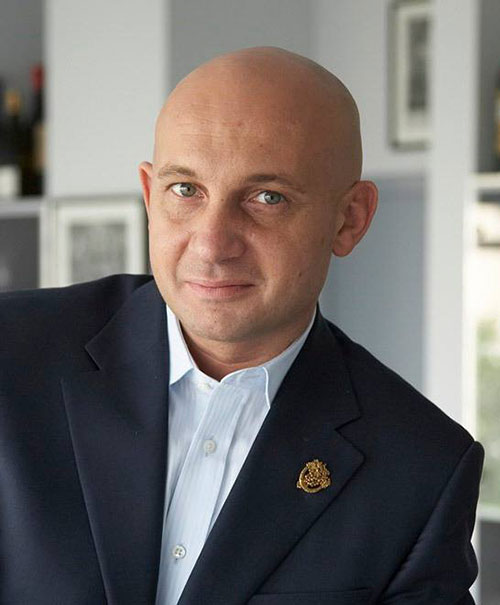 RAS President Sidorov has been in his chair since 1999, a timeframe that even surpasses the length of Vladimir Putin’s reign. That alone should alert those familiar with the four requirements for ASI members outlined by the organization’s ambassador Michèle Aström Chantôme. Apart from the democratic process of electing the president and board members, the other demands include 1) registration as an NPO (non-profit organization) 2) Ensuring that the majority of the member board is made up of professional working sommeliers 3) Ensuring only professional sommeliers have voting rights.
RAS President Sidorov has been in his chair since 1999, a timeframe that even surpasses the length of Vladimir Putin’s reign. That alone should alert those familiar with the four requirements for ASI members outlined by the organization’s ambassador Michèle Aström Chantôme. Apart from the democratic process of electing the president and board members, the other demands include 1) registration as an NPO (non-profit organization) 2) Ensuring that the majority of the member board is made up of professional working sommeliers 3) Ensuring only professional sommeliers have voting rights.
The RAS organization, which joined ASI in 2002, met these requirements. NPO “R.A.S. Sommelier Association” (НО “Ассоциация Сомелье “Р.А.С.”, TIN 7708185030) was a non-profit organization established by three winners of Russian competitions, headed by Alexey Sidorov. But according to the Unified Register of Legal Entities, in 2009 Mr. Sidorov liquidated this entity, which ceased to exist. At the same time, the real RAS continued to work. It had been receiving entrance fees from new members and budgets from partners, but legally Alexey Sidorov became the executor of contracts and the recipient of funds.
After a six-year break, Mr. Sidorov registered a new organization with an almost identical name. But this time its founders were not sommeliers, but the owners of Simple, Russia’s largest wine trading company. According to the register of legal entities, from 2015 to 2021, the RAS Sommelier Association (TIN 7714354174) had four founders: Alexei Sidorov, Simple’s owners Korneev and Kashirin, and the Enotria sommelier school also founded by Korneev and Kashirin. Contrary to ASI rules, none of the RAS founders were active sommeliers, and for two of the wine merchants, running a professional sommelier union presented a conflict of interest.
The deep affiliation of the Russian association with the importer is evidenced by the registration of the RAS itself at the address of the Simple’s Moscow office at 4 Magistralnaya Street, as well as two regional branches in Moscow and St. Petersburg at the addresses of the respective subsidiaries of Simple. The first presidents of the regional associations, Evgeny Bogdanov and Alexander Rassadkin, were directly employed by Simple. After publicizing this situation in December 2021, Kashirin and Korneev withdrew as founders, leaving Sidorov as the sole owner of RAS. However, RAS is still registered at the importer’s office, and Korneev retained his position as executive director of the organization.
Opaque finances
The zero profit formally reported by the Russian association contradicts dozens of annual sponsorship contracts worth hundreds of thousands of euros. According to the financial statements of the RAS on the website of the tax inspection, from 2015 to 2022 the organization received zero rubles of profit. All this time the recipient of money from sponsors and partners was only the president of the association, which is evident even from open sources. Sidorov (noted as an Individual Entrepreneur) is indicated in Timepad service as the executor and the recipient of funds from the sale of tickets for RAS events. This was confirmed by two representatives of wine trading companies, who sponsored the Russian competitions.
Several activists among Russian sommeliers tried to draw attention to the violation of ASI rules and potential corruption risks. But even after the publications of Russian bloggers, the RAS management ignored requests to provide reports and the organization’s charter. Here is how a lawyer of the anti-corruption project Kniga Zhalob (Book of Complaints), comments on the situation. Having received the sommelier’s appeal, in November 2022, she sent a request for an inspection to the Moscow City Prosecutor’s Office.
“In accordance with Article 13.3 of the Federal Law on Prevention of Corruption, organizations are obliged to develop and take measures to prevent corruption, and such measures may include clauses on the settlement of conflicts of interest.
If the Association has such measures in place, failure to provide such documents and even the charter at the request of a lawyer is in itself a violation. In addition, transactions of the organization’s management with companies under its control may constitute a conflict of interest.
If the organization has no documents on corruption prevention at all, it will be a violation of Article 13.3 of the Federal Law and may become the object of a prosecutor’s audit.
From the point of view of modern anti-corruption practices in this situation, the complete lack of transparency of the corporate component of the association (failure to provide documents and the charter) raises concerns, which can give rise to serious corruption violations and abuses”.
The sommelier’s appeal was ultimately fruitless: the city prosecutor’s office relegated its execution to a lower level, and the inter-district Savelovsky prosecutor’s office responded with a formal excuse.
Hundreds of thousands of euros past the budget of a non-profit
Prior to the war, the RAS collected several hundred thousand euros annually from its partners. From the RAS 2021 partner presentation one can learn that the general partner status of the country’s main wine event, the Russian Sommelier Competition, cost 1,700,000 rubles (€23,082 at the weighted average rate of 2021), the official partner status – 1,000,000 (€13,577), and the ordinary partner – 250,000 rubles (€3,394).
The advertising banner of the 2021 contest will help to calculate that with one general, five official and 40 ordinary partners, RAS could collected 16.7 million rubles (€ 226,748 euros) from just one event. In 2021 the organization also held a Women’s Sommelier Competition, a Wine Picnic and few regional competitions, bringing the total estimated budget to 26.6 million rubles (€ 361,167).
Keep in mind that according to tax returns, the RAS received zero rubles in 2021.
The sponsorship questions are on top of the standard source of income for the RAS which is membership fees and ticket sales. Anyone can join the organization, regardless of their level of knowledge: it is enough to pay a one-time entrance fee of 6500 rubles (€88). According to the RAS website, more than 5,500 people joined the organization.
RAS activity in annexed Crimea
In 2016, the first Women’s Russian Sommelier Competition was held in Russian-occupied Sevastopol in Crimea. Russia annexed the city via a referendum in 2014, but the world community, with the exception of North Korea and Cuba, considers Crimea to be part of Ukraine. The RAS clearly did not share this position, holding their extravagant event on a sea coast.
The motivation for establishing a separate competition for women, according to the words of RAS president, was their inability to perform at the same level as men. The emphasized attitude to women as second-class sommeliers gave rise to sommeliers (including some women) calling the competition, the Paralympics. The contest tasks themselves were simplistic and could be regarded as sexist in nature. The finalists, for example, had to determine the size of champagne bottles held by a male judge with their eyes closed. This contest was known colloquially as “touch my magnum”.
 Illustration: Daria Dzyutseva, winner of the I Women’s Sommelier Competition, gropes a bottle of Louis Roederer’s Brut Premier.
Illustration: Daria Dzyutseva, winner of the I Women’s Sommelier Competition, gropes a bottle of Louis Roederer’s Brut Premier.
The women’s competition was one of the first, but not the last, events of the RAS’s work in the annexed peninsula. The RAS President accepted the Crimean Sommelier Association into the ranks of the organization, received entrance fees from new members from Crimea, and signed sponsorship contracts with Crimean wineries. In fact, the money received from Crimea was one of the resources to pay the ASI membership fees.
But the most striking case was the tasting of unique vintages of Crimean wines held by RAS Executive Director Korneev at the Magarach Institute which took place in February 2023, a year after the outbreak of full-scale war. (See lead photo.)
Founded in 1828, Magarach is the oldest oenological institution of the former Russian Empire. Before 2014, it was state property of Ukraine. After the annexation of Crimea, the institution and the 1000-hectare vine nursery fell under the governance of Putin’s close friend Mikhail Kovalchuk (his brother Yuri has since become the owner of a third of Crimea’s vineyards). Magarach’s cellar collection dates back to 1836.
It was from this archive that the vintages of the 30s, 40s and 50s were selected and their tasting was conducted by Anatoly Korneev, the executive director of the RAS.
Partnership with wineries at the Putin Palace
Since May 2023, two Russian wineries, Krinitsa and Usadba Divnomorskoye, have become permanent sponsors of the Russian Sommelier Association. They are supporting their third consecutive event: first the Wine Picnic, then the Ural and Moscow Sommelier Cups. These wineries share a direct tie to Vladimir Putin: both are located at the presidential palace in Gelendzhik, and are registered to Putin’s direct associates.
Those familiar with Alexei Navalny’s movie might remember the incredible level of luxury: Italian toilet brushes for the Krinitsa were bought for €700 apiece, and toilet paper holders for €1038. The movie racked up 127 million views on YouTube, and after its release it was impossible to claim that anyone in Russia did not know who was the real owner of the wineries. Navalny’s team’s findings were verified by several investigative publications at once, including the international journalism consortium OCCRP.
Meanwhile, Vladimir Putin himself became a suspect in crimes against humanity, and in March 2023 the International Criminal Court in The Hague issued a warrant for his arrest. But such a legal trifle has not become an obstacle to the promotion of presidential wineries at sommelier competitions in Russia.
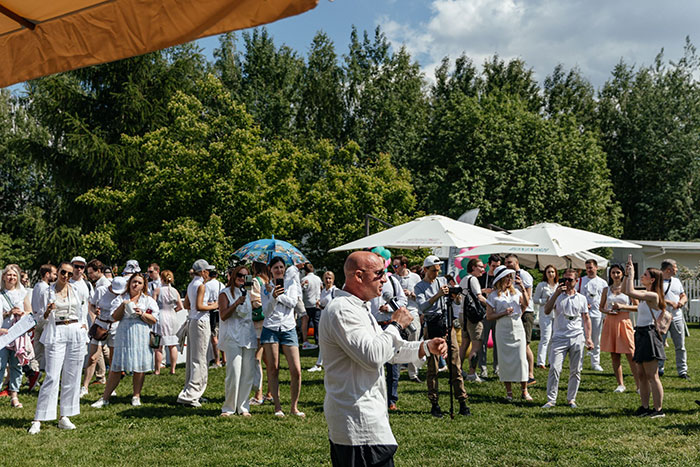 An indirect answer about the attitude of the RAS management to Russian invasion, Russian authorities and Putin can be seen in the choice of the date of the Wine Picnic. This festive outdoor event is traditionally held on Russia Day under the Russian flag. Despite the outbreak of war, it was neither cancelled nor moved to another day. On the 109th day of the war and with strikes on Ukrainian cities, the RAS held a festive picnic with an “all in white” dress code.
An indirect answer about the attitude of the RAS management to Russian invasion, Russian authorities and Putin can be seen in the choice of the date of the Wine Picnic. This festive outdoor event is traditionally held on Russia Day under the Russian flag. Despite the outbreak of war, it was neither cancelled nor moved to another day. On the 109th day of the war and with strikes on Ukrainian cities, the RAS held a festive picnic with an “all in white” dress code.
In lieu of a conclusion
The Ukrainian sommeliers have stated that there’s irony in that even the photo on the RAS homepage is from a Kyiv restaurant Vino e Cucina, and the RAS copyrighted photos feature Ukrainian sommeliers. The questions raised by our Ukrainian colleagues are devoid of this irony however.
The main world community of sommeliers, designed to promote their professional development, includes an organization that serves the commercial interests of its president and a major wine importer, and supports the bloodiest war in Europe since WWII. Both we and Ukrainian sommeliers would be pleased to hear the opinions of ASI’s ByLaws and Ethics & Compliance committees.
The following ASI comment was received in response to the request sent: “ASI has internal protocols that are being developed on this subject and will run their course during our next general assembly”. The management of RAS did not respond to any of the letters and did not provide any documents.
For those who want to help their Ukrainian colleagues
The former sommelier of Kyiv’s Buddha Bar, Grigorii Tkachenko, who was killed during the storming of Russian positions, is survived by his wife Irina and son Timur. Those who would like to support them can do so by transferring to Irina’s PayPal m.tkachenko0191@gmail.com.
To help Ukrainian colleagues who are fighting on the front, you can make a transfer to the founder of the “Volunteers with a Corkscrew” group, Serhiy Denisov. He and his colleagues are raising funds for drones, radios and optics for fellows on the front lines, and he reports on every purchase he makes. His PayPal is volunteers.with.a.corkscrew@gmail.com
Disclamer. The author of this article, Sergey Panov, is a member of RAS and ASI. He worked at Simple from 2007 to 2013 and later collaborated with Simple Wine News magazine. After his own investigation, in July 2022 Sergey published a piece in Russian about the conflict of interest in RAS, and shared it with ASI management. In October 2022, Sergey was one of the initiators of an appeal to the anti-corruption project “Kniga Zhalob” and the subsequent application to the Prosecutor’s Office.
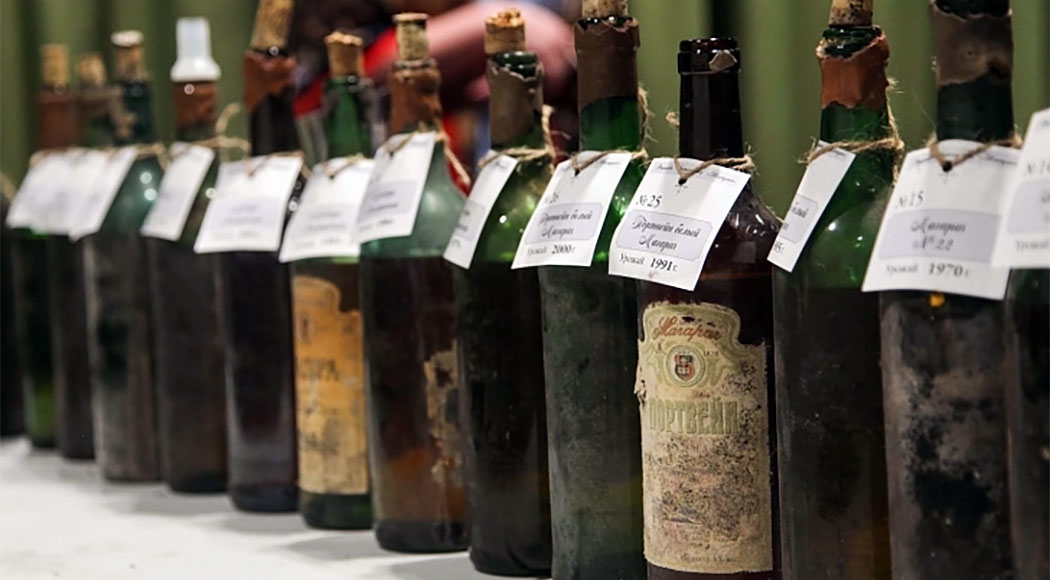
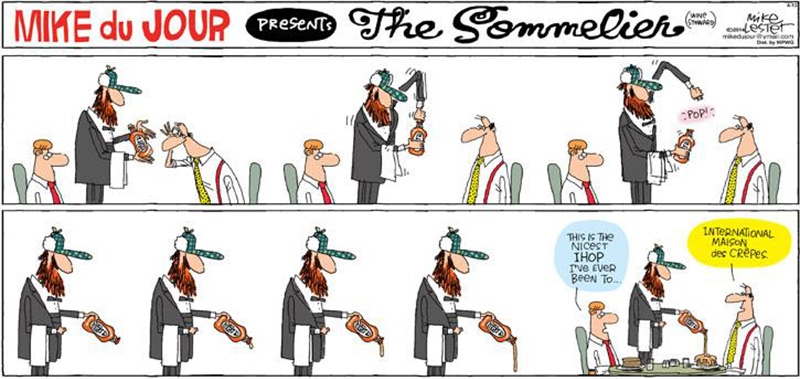
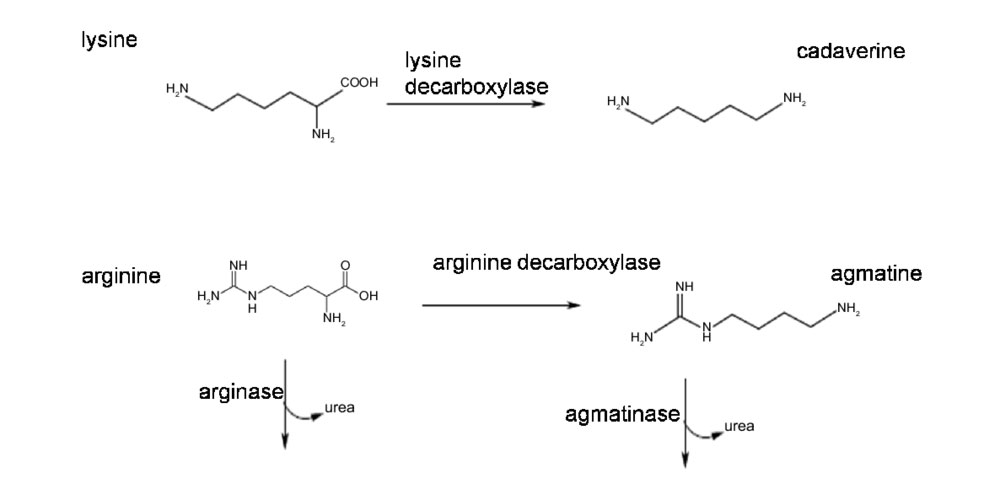
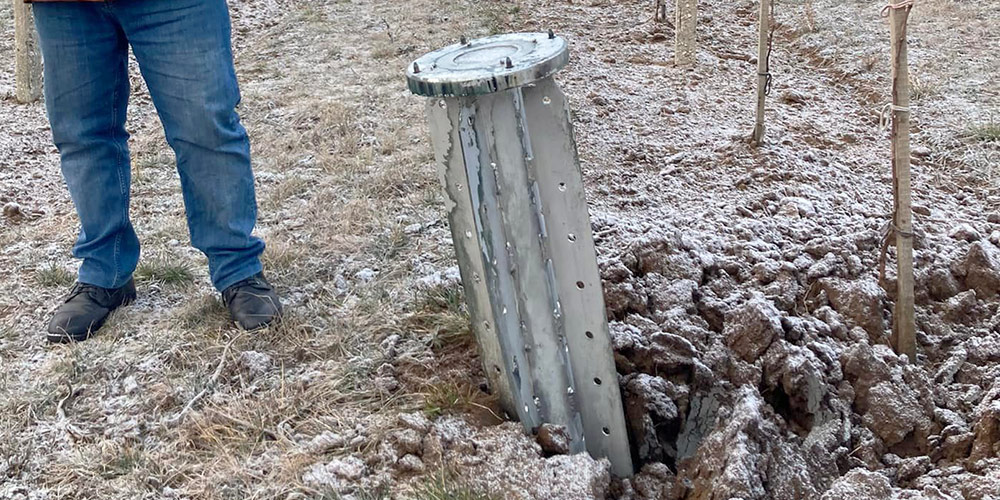
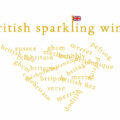
Wow this was a fantastic read. Thank you for the depth, sources, and attention to detail here. I know I’ll be thinking about this for quite some time, it puts the lush absurdity of fine dining in context. Really eager to read more of this style content.